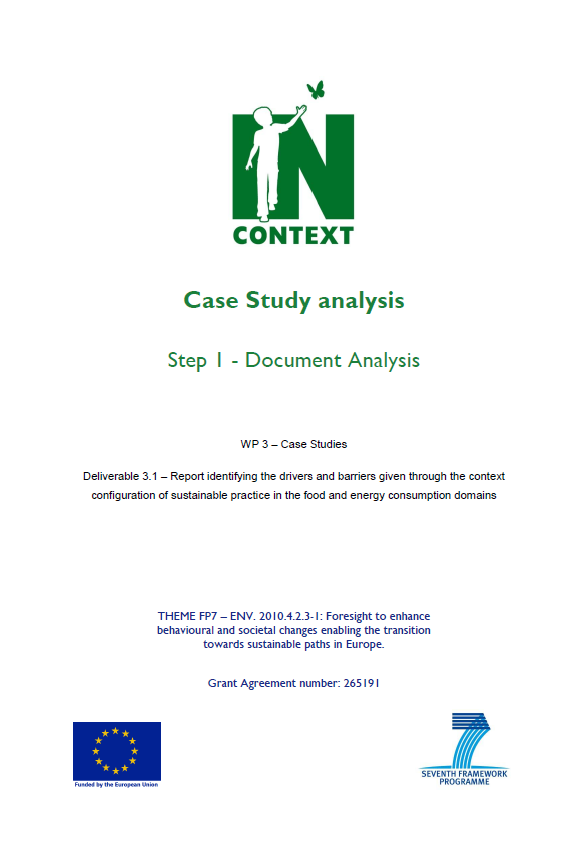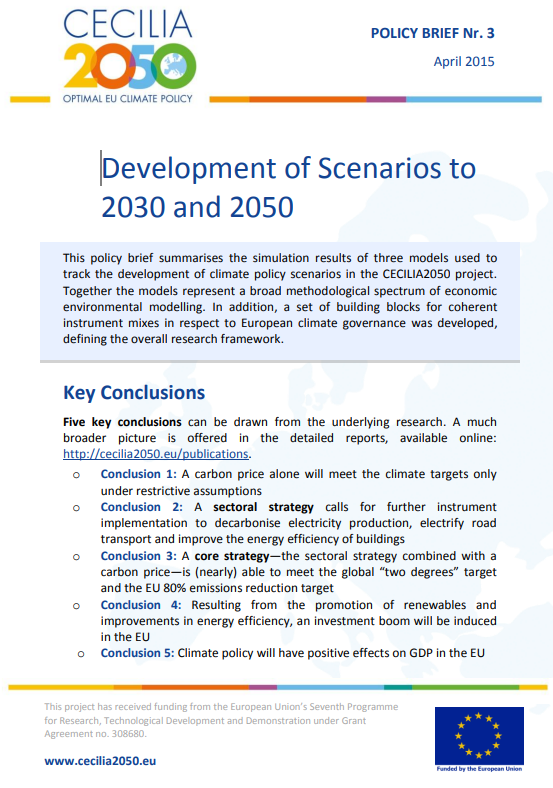Marine and Coastal Ecosystem Restoration
- Presentation
- Date
-
-
- Location
- online
- Lecture
The 87th UNEP/UNESCO/BMUV International Short Course, hosted by the Dresden University of Applied Sciences (TU Dresden) through their Centre for International Postgraduate Studies of Environmental Management (CIPSEM), focuses on ecosystem restoration for the SDGs. Gregory Fuchs of Ecologic Institute was invited to deliver a pre-recorded lecture on marine and coastal ecosystem restoration. The course is specifically aimed at experts who prepare and implement political decisions and practical measures towards the goals of ecosystem restoration and sustainable development. This includes professionals in ministries, authorities, local government, and non-governmental institutions of developing countries, including emerging economies. The course represents a unique opportunity to discuss and present effective and innovative approaches to preventing and mitigating ecosystem degradation and restoring already degraded ecosystems.
The Ocean's Indispensable Role: Understanding Marine Ecosystem Services
In his lecture, complemented by a PowerPoint presentation, Gregory commenced by elucidating the ocean's indispensable role as a life-support system and climate regulator, underpinning numerous ecosystem services vital to human well-being. A critical examination of the key drivers and alarming consequences of marine biodiversity loss highlighted the insufficiency of protection measures alone.
Restoration as an Essential Nature-Based Solution: Bridging the Gap between Marine and Terrestrial Restoration
Restoration was then defined and emphasized as an essential response and nature-based solution. It was pointed out that marine restoration, despite recent progress in restoring some coastal systems such as mangroves, seagrass beds, and shellfish reefs, still lags behind terrestrial restoration. Policy attention has remained low; marine ecosystem restoration efforts and techniques are comparatively new, and technical and governance challenges have meant that they have rarely been implemented at scale. Globally, restoration efforts have focused primarily on terrestrial ecosystems, particularly forests. The need for increased efforts in this critical area was emphasized. A comprehensive overview of what needs to be done for coastal and marine ecosystems was provided, including integrative strategies for restoring marine ecosystems with high climate resilience. Salt marshes were highlighted as a lesser-known but important example that offers significant opportunities for carbon sequestration and climate adaptation, despite significant ecosystem loss and urgent restoration needs.
Multi-Use Marine Space Utilization: Innovating for Benefits and Sustainability
The concept of multi-use emerged as a focal point, showcasing an innovative approach to marine space utilization. By integrating various activities such as offshore wind, aquaculture & restoration, multi-use maximizes benefits and minimizes conflicts and environmental impacts.
Aligning Policies for Global Commitment: The Framework for Marine Restoration
The policy framework's alignment with marine restoration was carefully outlined, incorporating key international and regional elements like SDG 14, the UN Decades for Ecosystem Restoration & Ocean Science for Sustainable Development, the new Global Biodiversity Framework, the BBNJ Agreement, and the EU Nature Restoration Law. These components collectively underscore the global commitment to marine restoration.
Scaling Up Restoration Efforts: Challenges and Call to Action for Ocean Health
The concluding segment of the lecture offered an insightful analysis on scaling up restoration. This section spotlighted scientific standards, and best practices, while highlighting the challenges and provisions required to counteract the increasing pressure on marine biodiversity and financial investment. A synthesis of science, policy, and collaboration led to a robust call to action, emphasizing the need for collective efforts to restore ocean health.
Forging Links with Broader Issues: Biodiversity and Climate Synergies
Finally, the presentation draws attention to a series of policy papers in support of the UN Decade of Ecosystem Restoration. These papers forge links between restoration and broader biodiversity and climate issues and developments, revealing their interdependencies and thus pointing to synergies.
Valuable Insights for Policymakers and Practitioners: Guiding the Restoration Drive
The insights shared in the lecture offer valuable guidance for policymakers, practitioners, and stakeholders, contributing to the global discourse and drive for marine and coastal ecosystem restoration.
Accessing Lecture Materials: Dive into Marine and Coastal Ecosystem Restoration
The slides from Gregory Fuchs' enlightening lecture are already available for those interested in delving into the details of Marine and Coastal Ecosystem Restoration. Please note that the full lecture recording will be accessible only after the conclusion of the course on September 1st, offering a comprehensive understanding of the innovative approaches and essential policies discussed.






